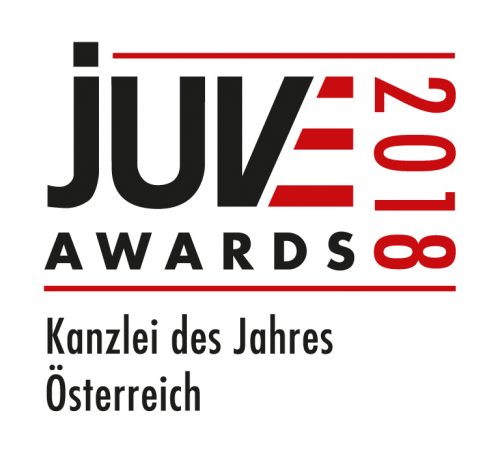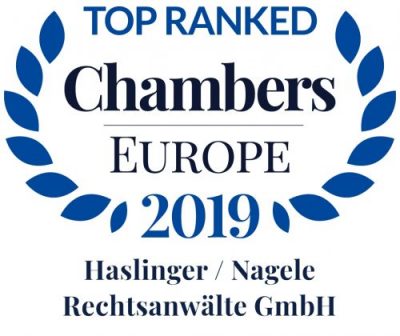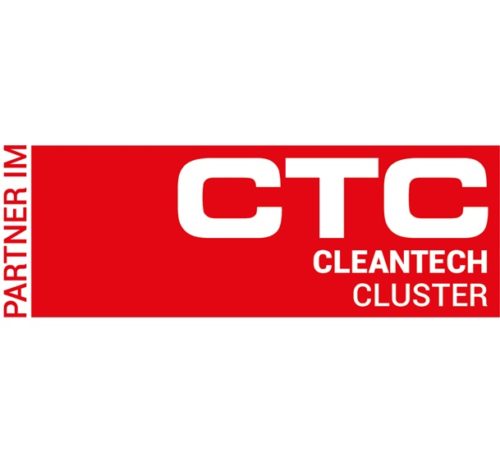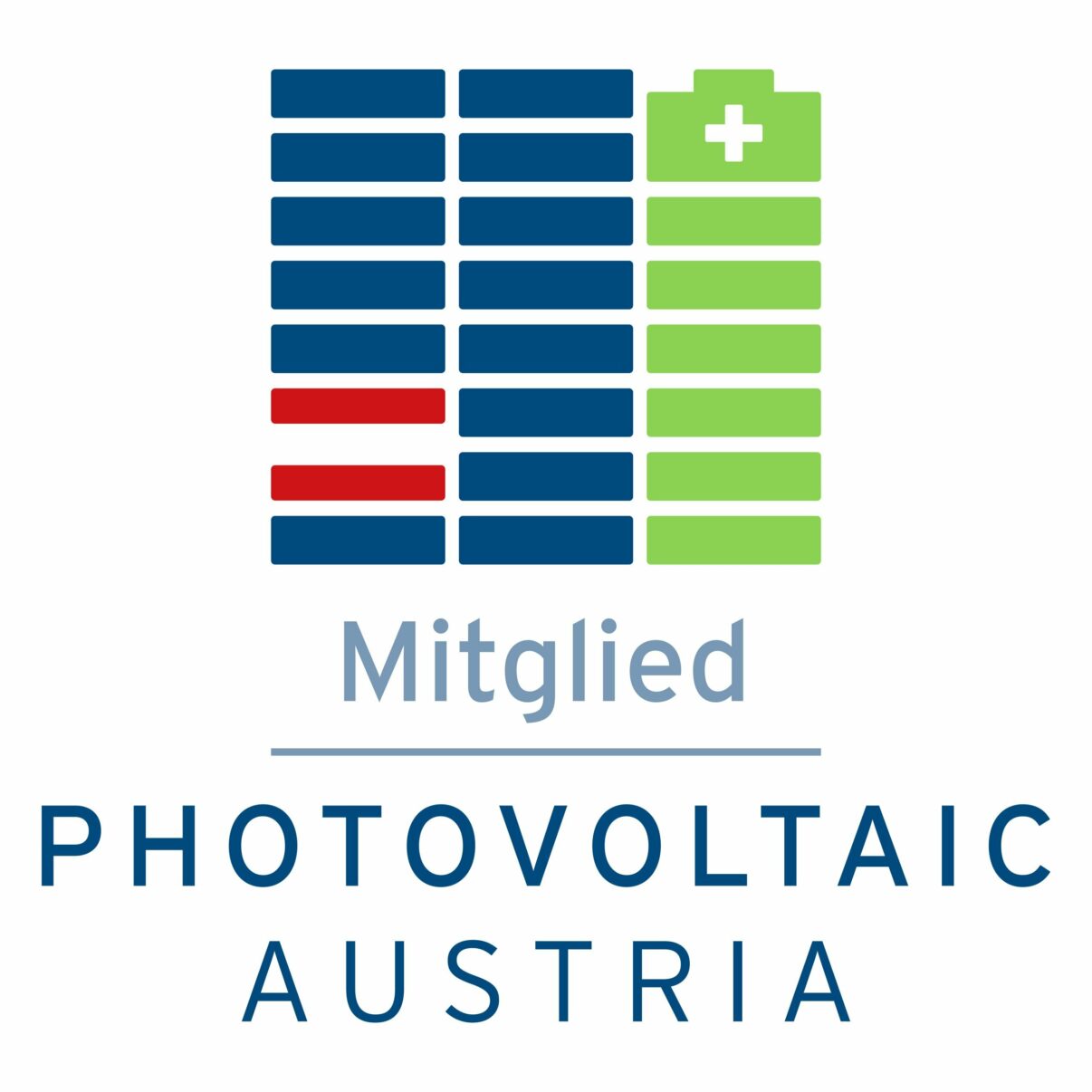Whistleblowing reporting systems
We help with implementation and processing!
Now it’s here – the ministerial draft of the Corporate Law Amendment Act 2023 (GesRÄG 2023). With a new company form, this is intended to bring the long-awaited flexibility for the individual structuring of startups and other innovative companies. In the following, we show which special features the new flexible corporation (FlexKapG or alternatively Flexible Company or FlexCo) entails.
In the case of stock corporations and limited liability companies, it has already been possible to give employees a share in the company’s success by means of “virtual shareholdings” (so-called Phantom Stocks / Phantom Shares) and thus bind them more strongly or permanently to the company. However, these employee shares do not correspond to “real shares”, but merely establish a contractual right to payment of a sum of money and, if applicable, a share in the financial success of the company. There is no legal basis for this though, and phantom stock agreements are complex to adapt to the company in each individual case. In practice, various systems have therefore emerged. For that reason, the aim of the GesRÄG 2023 is to provide a uniform legal basis for the participation (of employees) in the company in a simple manner by creating a new form of corporation: the flexible corporation (FlexKapG). There will be two types of “shareholdings” – the (as before) classic business shares and so-called “enterprise value shares”.
The new enterprise value shares are the major innovation in the FlexKapG. Enterprise value shareholders (e.g. employees) are therefore entitled to their share of the balance sheet profit and the liquidation profit (although other arrangements may be made within certain limits). However, they have no voting rights at the General Assembly. Excluded from this are shareholder resolutions which amend the rights of the enterprise value shareholders or result in a conversion of enterprise value shares into “classic” shares, which can only be passed with the consent of all the enterprise value shareholders affected. Further consent rights can be regulated in the articles of association. In any case, however, the enterprise value shareholders are entitled to participate in the General Assembly, even if they do not have the right to contest the resolution (appeal/declaration of nullity).
For the takeover as well as the transfer of these shares, compliance with the written form is sufficient – a notarial deed is not required. If the enterprise value shareholders are employees, the law provides for certain disclosure obligations prior to the takeover of the enterprise value shares. The shares are not entered by name (but only collectively, stating the amount of the capital contribution attributable to all the enterprise value shares and the amount of the capital contribution paid) in the company register. However, the management is required to keep a corresponding share register, stating the name and date of birth of the enterprise value shareholders.
The minimum nominal number of shares in these enterprise value shares is one cent. To keep the risk low, this minimum amount must be paid up in full immediately, and those involved in the enterprise value share scheme are not liable for any default or obligation to make additional contributions. However, enterprise value shares may not exceed 25% of the share capital. In the event that the founding shareholders sell the majority of their shares (thus more than 50% of the share capital), a “right to sell” in favor of the enterprise value shareholders must be included in the articles of association of the FlexKapG, so that the buyer must offer them the purchase of their shares on the same terms.
The law also provides special regulations for classic business shares. For the first time, these shares – in addition to notaries – can also be transferred by lawyers by drawing up a deed. The same applies if a takeover declaration is made in the course of a capital increase, in the case of authorized capital or when a preemptive right is exercised. In this respect, the notary or lawyer has an obligation to provide information about the associated legal consequences. In addition, the articles of association may provide for the shares to be “divided” into capital contribution shares. In contrast to the GmbH (limited liability company), each shareholder can therefore dispose of several shares separately. The advantage of this is that different classes of shares (e.g. with different profit sharing) can be created.
A few things are also changing with regard to the rights of the shareholders: one of the central – indispensable – provisions of the GmbHG is that the consent of all shareholders is required for a written circular resolution. With the FlexKapG, this rule is breached, as it is now possible to explicitly deviate from it in the articles of association. In this case, however, for a valid written resolution to be passed, all shareholders with voting rights must be able to participate in the vote. Therefore, no statutory minimum participation quorum exists. For the shareholders, this has the advantage that circular resolutions can be passed more quickly. However, the result of the resolution must still comply with section 34(2) GmbHG: this means that the respective statutory approval requirements (measured by the total number of votes to which all shareholders are entitled) must be obtained for an effective circular resolution.
If a shareholder holds several voting rights, they may exercise their voting rights in a non-uniform manner. According to the explanations, this is supposed to take into account any votes held in trust. For example: Shareholder X has 10 voting rights, two of which are held in trust. He votes in favor of the resolution for his own 8 votes, and votes against the resolution for the two votes held in trust.
The FlexKapG is a modified form of the GmbH – as far as the FlexKapG Act does not provide for any special provisions, the regulations of the GmbHG are applicable to it. The minimum share capital is EUR 10,000.00 (this will also apply to the GmbH in the future). In contrast to the GmbH, which provides for a minimum capital contribution of EUR 70.00 per shareholder, this will only be EUR 1.00 for the FlexKapG. In addition to the above-mentioned changes, the ministerial draft also provides for regulations (deviating from the GmbHG) for the conditional capital increase, the capital reduction and the exercise of subscription rights.
Are you a shareholder of a GmbH and would like to take advantage of the FlexKapG in the future? Then we have good news for you – the ministerial draft provides that a GmbH can simply be converted into a FlexKapG by means of a resolution of the General Assembly, without having to observe any special creditor protection provisions or severance payment regulations. Of course, it is also possible to convert FlexKapG into a GmbH or an AG.
The ministerial draft stipulates that the federal law will come into force on November 1st, 2023. We will stay tuned for you and inform you if there are any significant changes to the draft.
Our experts Julia Goth, Christoph Harringer and Roman Büchel from the Commercial and Corporate Law team will be happy to answer any further questions you may have on this topic.
This article is for general information only and does not replace legal advice. Haslinger / Nagele Rechtsanwälte GmbH assumes no liability for the content and correctness of this article.
31. May 2023






